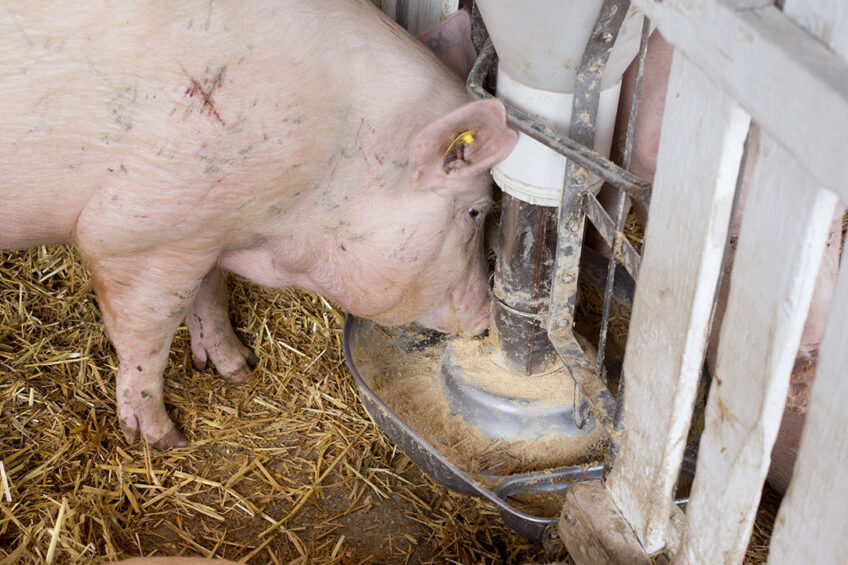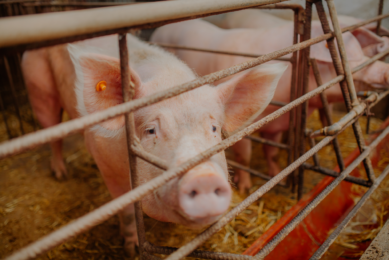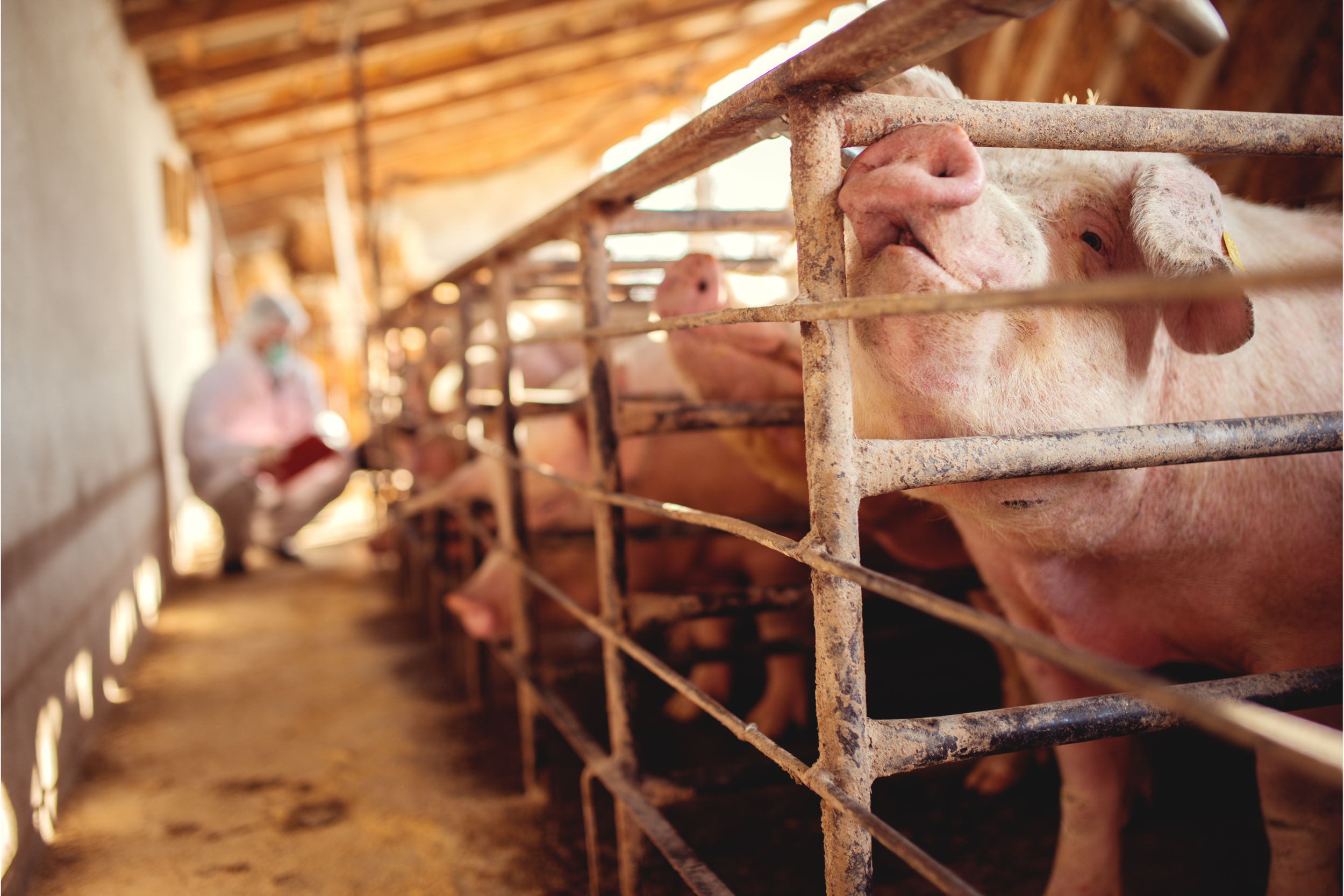Organic pig farming standards in North America updated

The US organic livestock production requirements are currently being updated, with feedback already gathered. A review of the Canadian Organic Standards has just begun.
In the US, changes will revolve around handling, transport and slaughter of pigs and other livestock, and living conditions for poultry. There will also be expansion and clarification of existing requirements related to the living conditions and care for pigs and other non-poultry livestock.
Compliance with the new requirements must occur by January 2025, with a few poultry exceptions. “These changes,” stated the US Department of Agriculture (USDA), “will ensure organically-produced foods meet a transparent and consistent standard to allow the industry to maintain consumer confidence in USDA organic products, to align with consumer expectations regarding outdoor access, and to further facilitate inter-state commerce in organic products.”
US Secretary of Agriculture Tom Vilsack said this will create “a fairer, more competitive and transparent food system,” which helps “deliver greater value to all producers, regardless of size.” The USDA encouraged public input into the updates and received more than 40,000 comments.
Stretching and rooting
The new regulations focus on greater consistency in 6 areas. This includes changes to barns so that pigs and other livestock have sufficient space to lie down, stand up, turn around, fully stretch limbs and to express natural behaviors (e.g. rooting in pigs). Another area is transport. Among other requirements, farmers must describe how organic management and animal welfare will be maintained for transport that exceeds 8 hours.
Organic food sales
On September 12 2023, global research firm Statista noted that the US has seen organic food sales grow every year since 2000. “Meat products and yogurt were the most frequently-purchased categories.” However, recent research found that over 20% of US consumers were purchasing less organic or gourmet food as of 2023. Even so, the consumption value of organic packaged food is forecast to grow by about US$ 3.8 billion (€ 3.49 billion) between 2021 and 2025.
Organic pig farming research in North America
Although there is no US organic pig farming association, the Rodale Institute in Pennsylvania offers outreach and conducts research into helping current and future organic pasture pork farmers determine the best type of pasture, best paddock size and best practices for maximizing the regrowth of forage crops.
The staff is currently also researching manure and pasture management to reduce swine parasites in organic pastured pork production, nutritional composition of pasture crops pre- and post-grazing, pig weights relative to the type of pasture and more.











